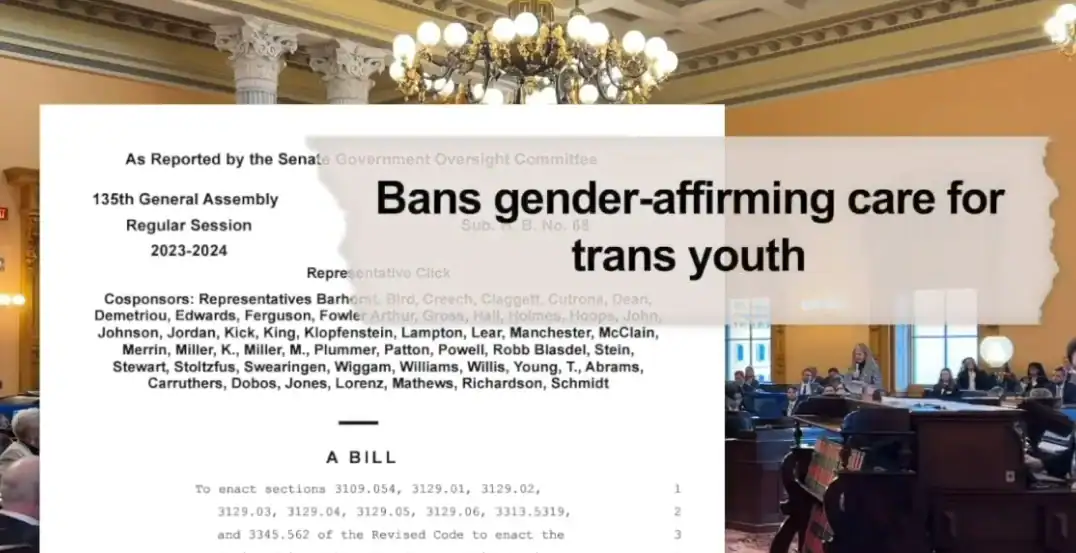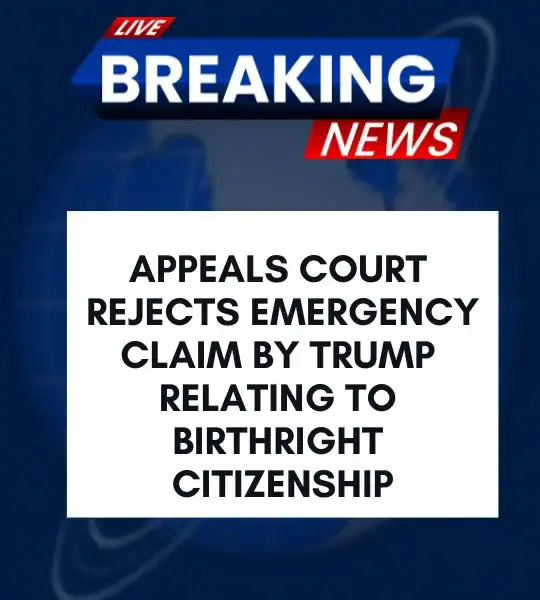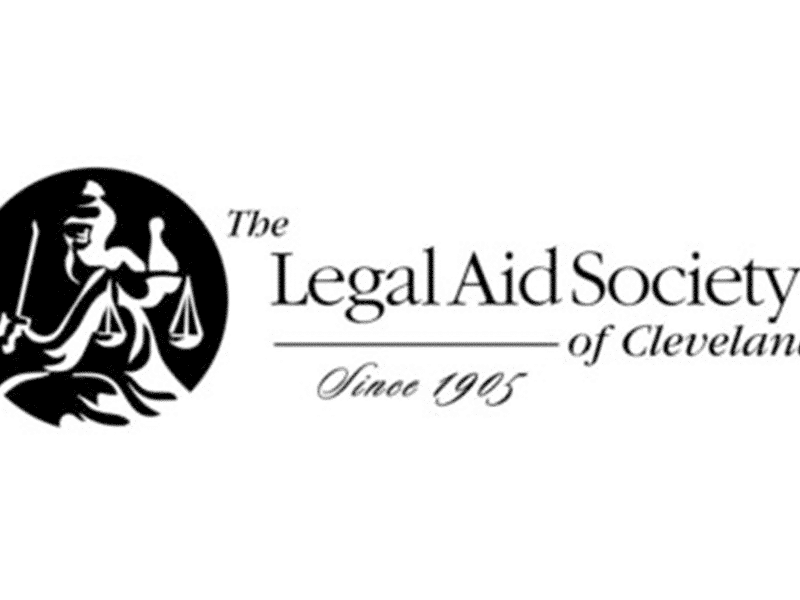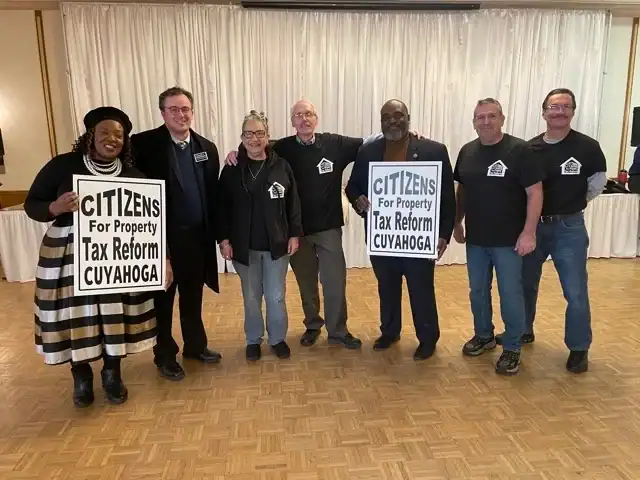Listen to this articleBy Angela Hay The Budget Bill Beyond Numbers “On June 30, 2025, Governor Mike DeWine signed Ohio’s state budget bill into law, with Republican-led tax cuts and a definition of sex and gender inserted late in the process, though it remains unclear which legislator proposed the language. Lawmakers said the language was […]












